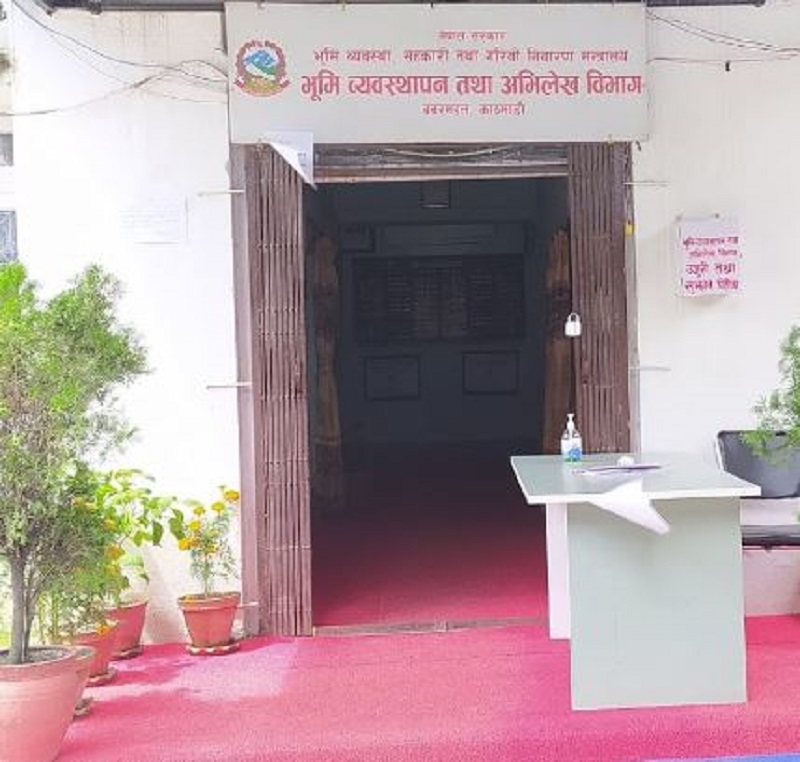Nepal’s Bardiya Farmers Champion Climate Resilience with FAO & NACCFL Mustard Training
Bardiya Climate-Resilient Mustard
24th October 2025, Kathmandu
The Food and Agriculture Organization of the United Nations Nepal (FAO Nepal) has spearheaded a critical initiative in Bardiya district.
Bardiya Climate-Resilient Mustard
This work directly supports food security and climate adaptation. Working with the Nepal Agricultural Cooperative Central Federation Ltd. (NACCFL) and local producer organizations, FAO organized a vital Training of Trainers (TOT) focused on advanced, sustainable mustard-based farming.
This program represents a significant step in strengthening the livelihoods of vulnerable communities through Bardiya Climate-Resilient Mustard Farming.
Empowering a New Generation of Trainers
The TOT successfully capacitated over 30 key participants. This diverse group included field technicians, municipal agricultural staff, and influential lead farmers from the local area.
Participants actively learned new skills and knowledge in three crucial areas: climate-resilient mustard farming techniques, nutrition-sensitive agriculture practices, and inclusive livelihood development.
This investment in local expertise creates a ripple effect. These newly trained professionals become the core champions who will disseminate best practices. They will reach hundreds of smallholder farmers in the surrounding municipalities, ensuring that sustainable farming knowledge spreads throughout the community.
Focus on Vulnerable Communities
The training falls under the umbrella of the Global Agriculture and Food Security Program (GAFSP). The GAFSP project aims to enhance food and nutrition security and build resilient livelihoods among the most vulnerable and food-insecure households in Bardiya.
GAFSP deliberately designs these interventions to empower local actors, especially women and youth. Women farmers play an outsized role in Nepal’s agriculture, yet often lack representation in decision-making and access to resources.
This initiative actively addresses that gap. It positions women and young people to scale sustainable agricultural practices and fundamentally strengthen food and nutrition security across the district.
The Critical Role of Mustard
Mustard is an important cash crop and a staple source of edible oil for Nepal’s Terai region, where Bardiya is located. However, the region increasingly faces environmental threats.
Erratic rainfall, rising temperatures, and new pest outbreaks threaten traditional crop yields. The training, therefore, specifically promotes Bardiya Climate-Resilient Mustard Farming techniques.
Participants learned about using drought-resistant seed varieties. They mastered new water management and soil health practices. These climate-smart solutions help farmers manage climate risks more effectively. This adaptability secures a more stable income and a consistent food source for their families, even in challenging weather years.
Integrating Nutrition and Inclusion
The TOT went beyond mere farming techniques by embracing a nutrition-sensitive agriculture approach. This training taught participants to not only increase yields but also to improve the nutritional quality of food consumed at the household level.
It promotes diversifying crops and establishing home nutrition gardens to provide balanced diets, particularly for pregnant/nursing women and young children.
Furthermore, the inclusive livelihood practices component ensures the project benefits all segments of the community. A significant portion of the GAFSP project’s direct beneficiaries are from marginalized groups, including the indigenous Tharu community.
By strengthening Producer Organizations (POs) and improving their governance, the project ensures fair access to markets and resources. This community-led cooperative model promotes social inclusion and economic empowerment at the grassroots level.
Strengthening the Value Chain
The skills acquired will not only improve production but also strengthen the entire mustard-based value chain in Bardiya. Empowered farmers can achieve better quality control and standardization, making their produce more marketable.
By linking trained farmers to stronger local Producer Organizations and cooperatives—like those in Badhaiyatal, Barbardiya, and Bansgadhi municipalities—the project enhances market access.
This ultimately increases farm-gate income. FAO and NACCFL are not just teaching farmers how to grow better mustard; they are establishing a more resilient, inclusive, and profitable agricultural ecosystem for the long term. This initiative paves the way for a more food-secure and economically stable future for Bardiya.
For more: Bardiya Climate-Resilient Mustard







